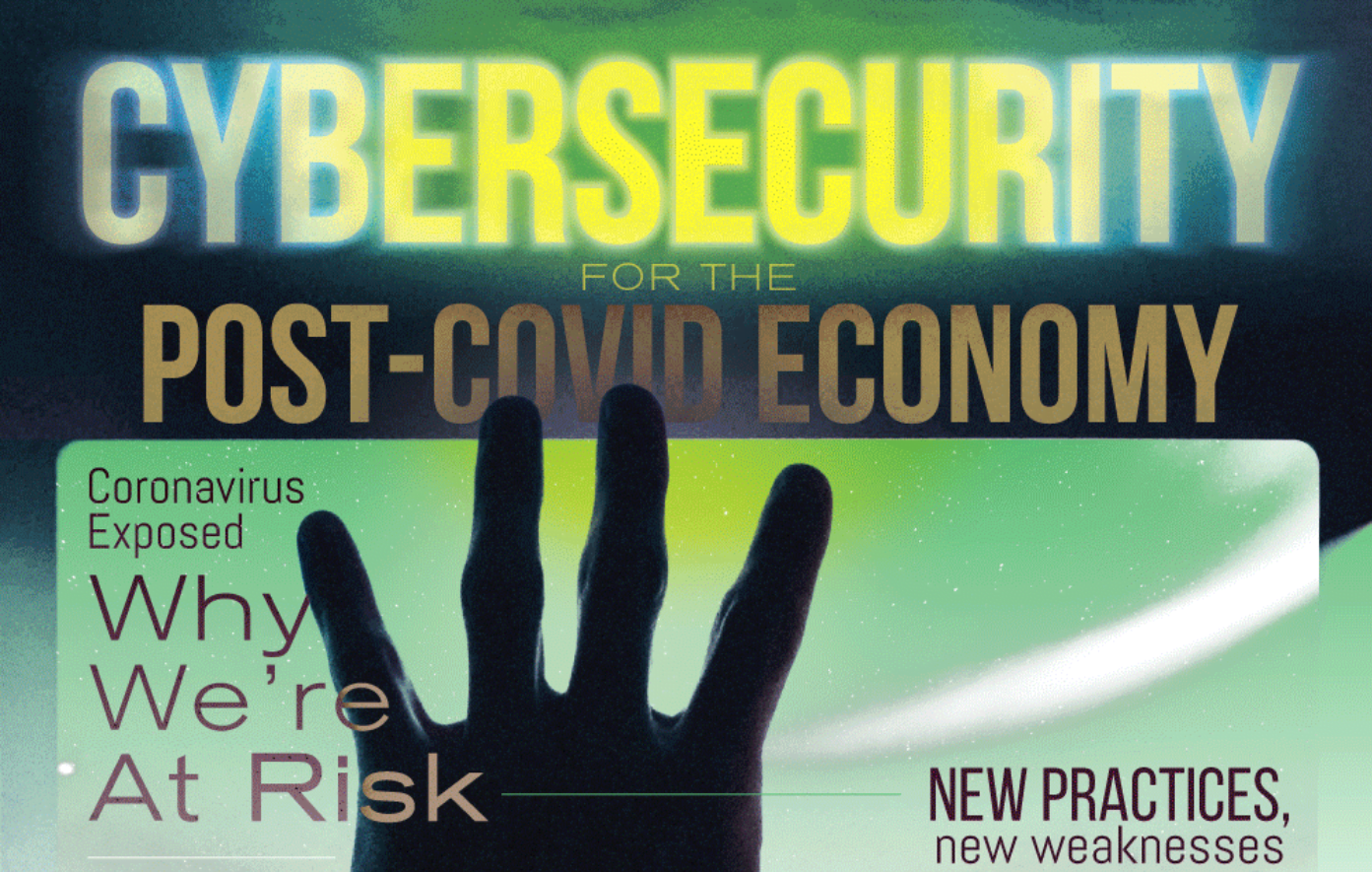Have you noticed an uptick in strange friend and connection requests on social media? What about fake accounts popping up pretending to be people you know? Or even emails with subject lines like “Immediate action needed!”? Between February and March of 2020 hacking and phishing attempts rose 37% over average, and by the following month 192,000 COVID-related cyber attacks were reported each week. From February to now, phishing has increased 600%. Hackers know that the additional stress of the coronavirus pandemic makes us more vulnerable to their advances, and that’s not the only lesson we have learned about cybersecurity from the pandemic.
Q3 2020 hedge fund letters, conferences and more
Cybersecurity In A Post-Pandemic World
Just like the virus spread unchecked across the world, a digital virus could also spread unchecked through the world’s networks. What’s worse is that it could lay dormant for a long time before being activated, causing maximum damage to the world’s operating systems, from retail to commerce to interpersonal communications.
Global internet loss could cost the world upwards of $50 billion per day, and it would inundate the companies tasked with fixing the problem to the point it could take months to restore even the most basic level of internet service. Think about how long it takes to get your internet fixed when there is an outage and then imagine everyone in the world is experiencing an outage - there’s just not enough trained people to go around to address something like that in a timely manner.
Imagine not being able to call your parents or children, not being able to buy groceries because your card can’t get validated and the registers don’t work, and not being able to know what’s happening or when it will be fixed. Now imagine grocery stores running out of food, pharmacies running out of medicine, and banks running out of cash because the logistics systems that keep things running are offline.
Even the government and the military could be impacted in a scenario such as this. Emergency responses would be delayed significantly if no one knows where they are supposed to go or who they are supposed to help. We rely on the internet for more than we realized, and the pandemic has shown us its vulnerabilities.
The coronavirus pandemic has shown us that we weren’t prepared for a viral pandemic in the least. It’s also showing us that our basic business systems are a lot more vulnerable than we imagined them to be. Learn more about how to prepare for cybersecurity in a post-pandemic world below.







